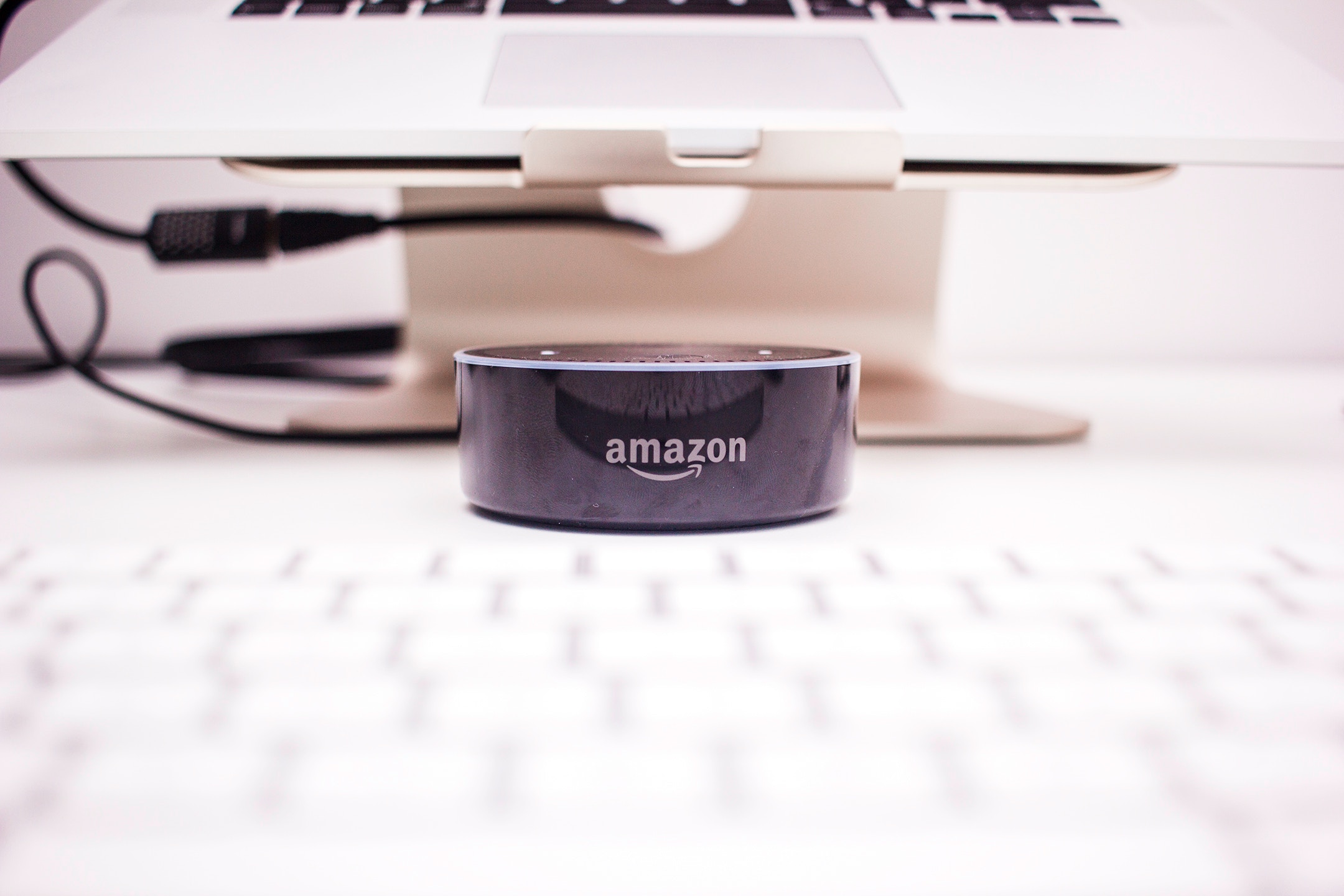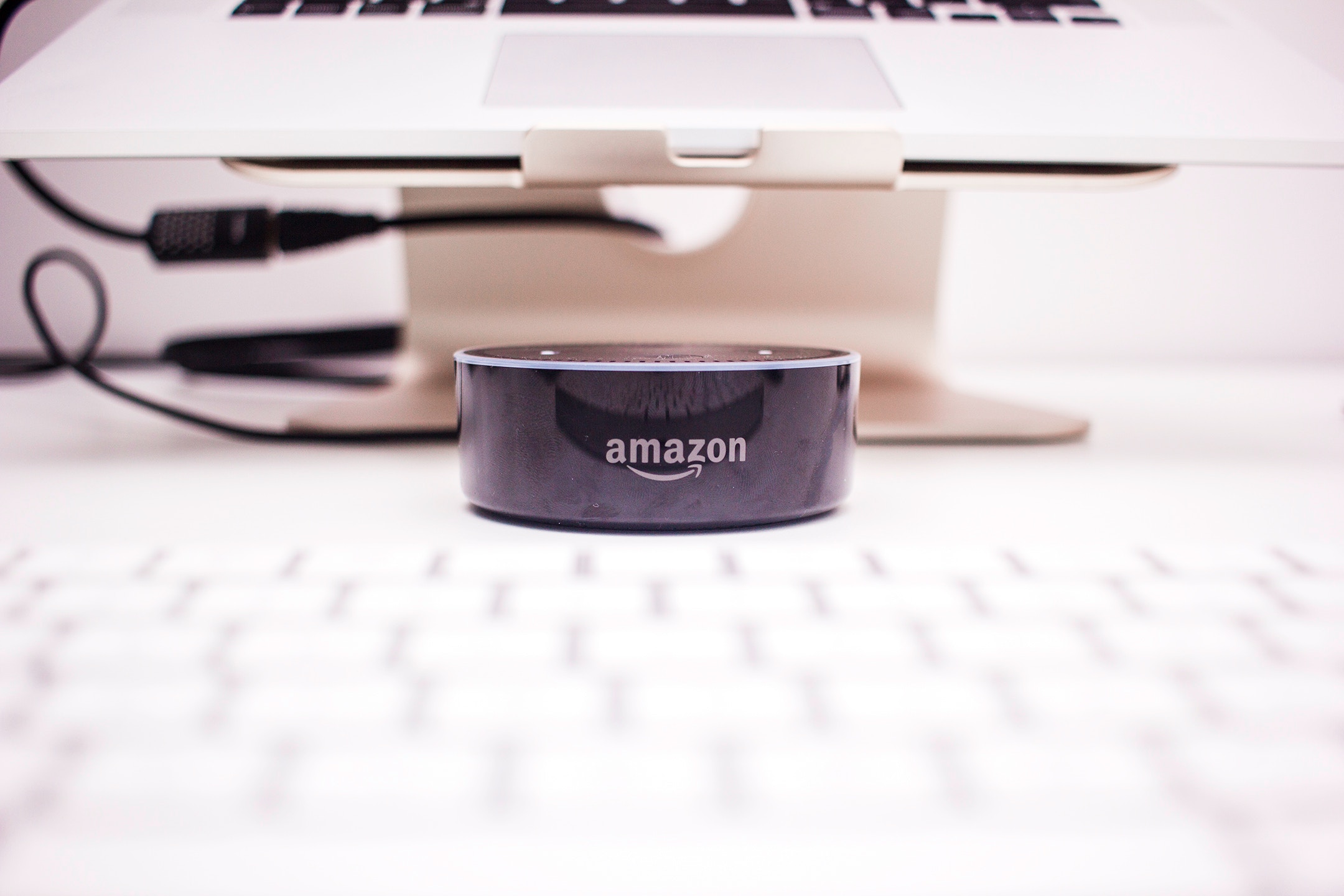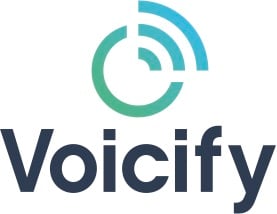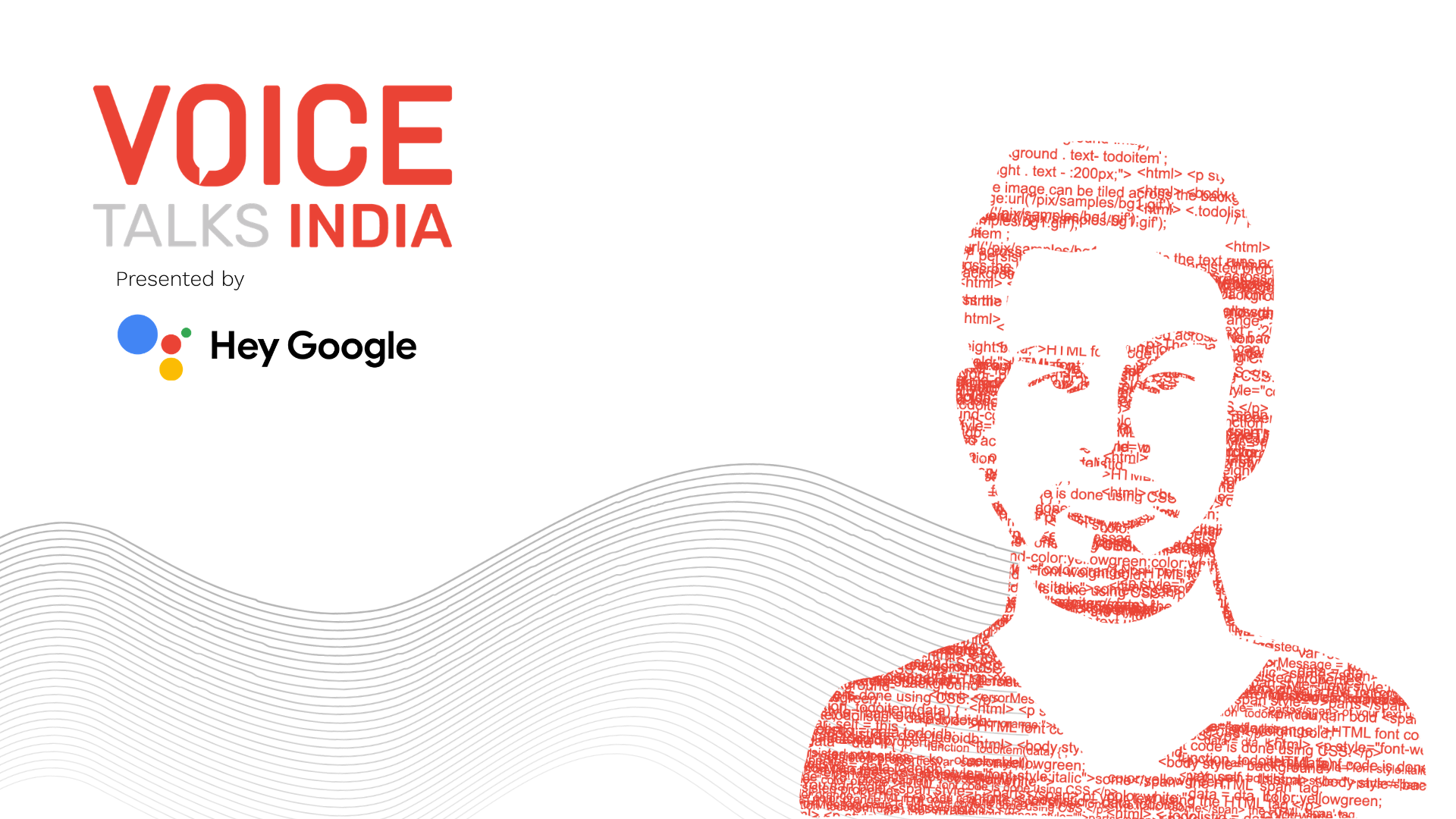





Get $100 off select tickets to VOICE today
"As voice technology matures and becomes more refined, consumers are finding different ways to leverage it. Brands are now in a place where they have to integrate voice into their overall strategy," says Colin Morris, director of project management for Adobe Analytics.
If you're part of a brand that doesn't employ voice interfaces as a medium for increasing brand visibility, then you're in danger of sinking into irrelevance.
Recode reports that voice interfaces have been "adopted faster than almost any other technology in history". Adobe states that "voice is here to stay". Voicebot.ai declares that by the end of 2022, voice commerce will be a $40 billion industry and over 50% of American homes will include at least one smart speaker.
From voice searches and shopping to games and podcasts, the rise of voice interfaces present an exciting (and daunting) opportunity for brands and the marketing teams behind them.
Here's why a voice-first strategy is imperative for engaging today's consumers, and the implications for your brand.
Voice provides useful, customized experiences
Flash briefings, microcasts, online shopping, and hands-free banking are just a few ways Voice has shuffled into the daily routines of millions of people. There seems to be a voice app for practically everything.
Need help removing a stain while doing laundry? Tide has a Skill for that. Looking for a sale on electronics near you? Best Buy made a Skill to fill you in. Want to know which whiskey goes best with steak? Johnnie Walker made a Skill too.
Brands have wasted no time in flooding the online market with convenient and customizable skills that cater to everyone at anytime. When a branded skill is that helpful, it's hard not to interact with them more often—and maybe even view the brand in a more positive light.
It doesn't take an out-of-this-world Alexa Skill or Google Action to make your brand stand out and provide a useful, everyday experience. For example, Starbucks rolled out a voice app that simply lets customers order their usual or a specific item via voice.
Start with a simplified voice-first functionality and track the analytics to understand how your users are engaging with it. From there you can begin to build out the features that meet their needs, while ensuring a worthwhile ROI.
Doubles brand recall
Publicis Media conducted a study on “The Rise of Voice” which showed that voice tech delivers twice as much brand recall than TV.
The reason behind this enhanced recall is attributed to the fact that "voice offers a real-time connection that heightens relevance and memory with a hands-free experience," according to Bandt.
Since users tend to engage with voice-first features while going about their daily activities, they're in an active and alert state which elevates their attention and capacity for recall. For marketers, this presents a golden opportunity for brands to connect with consumers more effectively.
Creating a voice app that is useful and practical for consumers is key for dipping into the benefits of higher brand recall. Keep an ear to the ground and listen to what your audience is complaining about on social media to find a gap your new voice app could fill.
Here's an important one for marketers: research shows that smart-speaker listeners are less likely to skip ads than computer or phone listeners.
Now don't get your hopes up, it's not because they actually care to hear the ads. It's because they're not bothered to interrupt Alexa or Google and tell them to jump 30 seconds ahead. It's simply easier to let the ads run their course.
“Smart speaker listeners are much more passive,” explained Cara Meverden, founder of voice-controlled app Scout FM. “People with voice interfaces tend to accept what’s given to them.”
This is especially true for podcast listeners and music streamers – which continue to be the top uses for smart speakers. In fact, Meverden noted that people spend twice as long listening to podcasts on a smart speaker than on their phones. Furthermore, an Adobe Analytics study found that 70% of users stream music where almost 50% of them do so on a daily basis.
Sounds like a good place to advertise.
The subject of voice tech continues to be tightly linked with privacy concerns. Users want highly customized voice experiences, but they're reluctant to provide personal information to enable those experiences.
Vanessa Evans, senior VP director at Publicis Media told Adweek that users are “bracing for a brand invasion and are skeptical about how brands might insert themselves in what has become a very personal and intimate device.”
Consequently, the biggest challenge for brands is not only to provide a useful, customized, and engaging experience for users, but also to instill trust and avoid coming off as "invasive". Although with the power of smart speakers to stimulate brand recall and the massive opportunity they present for increasing market share—taking on this challenge is at least worth considering.
If you're ready to jump into all things Voice, join us at the largest voice tech event in the world along with thousands of voice-first marketers, brands, entrepreneurs and everyone in between. You can't miss it. Get your ticket now ($100 off select tickets).




.png)

VOICE Copyright © 2018-2022 | All rights reserved: ModevNetwork LLC
